
Four Different Methods Of Hardness Testing
Hardness testing is essential in industrial processes for verifying the strength, durability, and reliability of critical components. This blog outlines four key hardness testing methods, each with unique benefits and ideal applications. Understanding these techniques helps ensure higher-quality materials and more reliable project outcomes.

The Benefits Of Custom Manufacturing: Why It’s Worth The Investment
Custom manufacturing is a powerful way for industrial operations to gain an edge through tailored, high-performance solutions. By designing equipment and components to exact project needs, businesses can improve efficiency, reliability, and overall results. This blog explores the key advantages of custom manufacturing and how it supports long-term operational success.

The Main Benefits Of Hot Tapping
In industrial operations, efficiency and innovation are essential for staying competitive, and hot tapping has become a valuable technique in achieving both. This method allows facilities to modify pipelines and systems without shutdowns, delivering major operational and financial advantages. In this blog, we’ll break down the key benefits of hot tapping and how it can improve performance and profitability.

Engineered Certification & Inspection (ECI) By Red Flame Industries Inc
Engineered Certification and Inspection (ECI) ensures equipment remains compliant with its original design and operating specifications. At Red Flame Industries, NDT inspectors thoroughly evaluate structural welds, pivots, hydraulic mounts, and lifting arms to identify any cracks, dents, or capacity-reducing damage. Using magnetic particle testing, visual inspection, and precise measurements, ECI helps maintain safety, reliability, and performance.
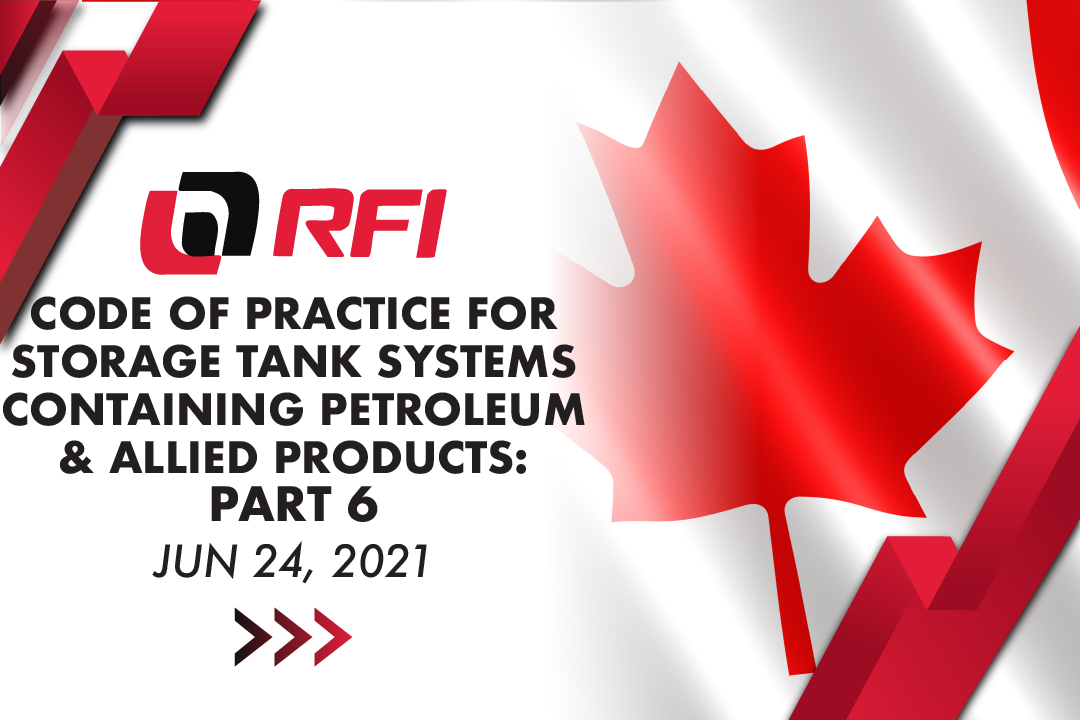
Code Of Practice For Storage Tank Systems Containing Petroleum & Allied Products: Part 6
6.1.1. This part applies to monitoring and leak detection for a storage tank system.

AC Induced Corrosion Of Burried Pipelines
Pipelines are frequently routed within utility rights-of-way that also host high-voltage AC transmission lines, maximizing efficient use of public land. Sharing these corridors simplifies planning and routing for both overhead and underground infrastructure. This approach is especially valuable in industrialized or densely developed urban areas where space is limited.

Code Of Practice For Storage Tank Systems Containing Petroleum & Allied Products: Part 5
This part applies to the design and installation of piping associated with a storage tank system.

Using Electrochemcial Impedance Spectroscopy On Steel Pipelines
Pipelines play a critical role in transporting the utilities and commodities that support a strong economy, but their metal construction makes them vulnerable to corrosion. This degradation occurs through electrochemical reactions or chemical exposure, typically beginning at the surface where the pipe meets its environment. Proper protection and treatment are essential to prevent damage and maintain long-term pipeline integrity.
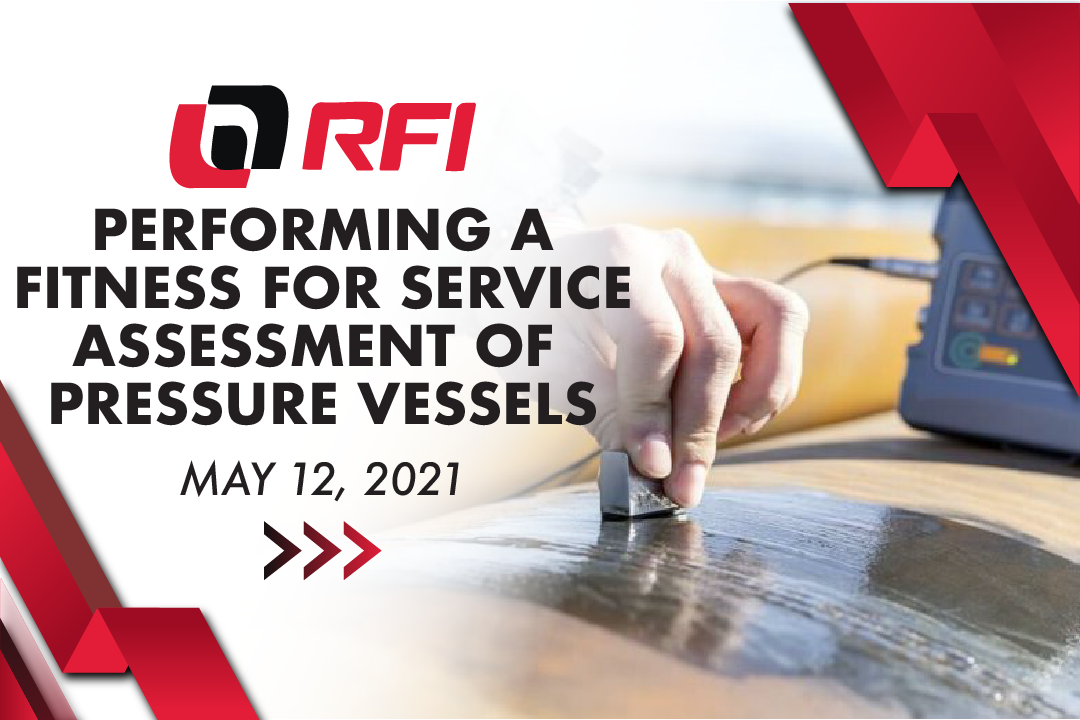
Performing A Fitness For Service Assessment Of Pressure Vessels
Pressure equipment is defined as a containment apparatus with a difference in pressure between the internal and external environments. Some examples of pressure equipment are pipelines and pressure vessels that are used to transport and store fluids.
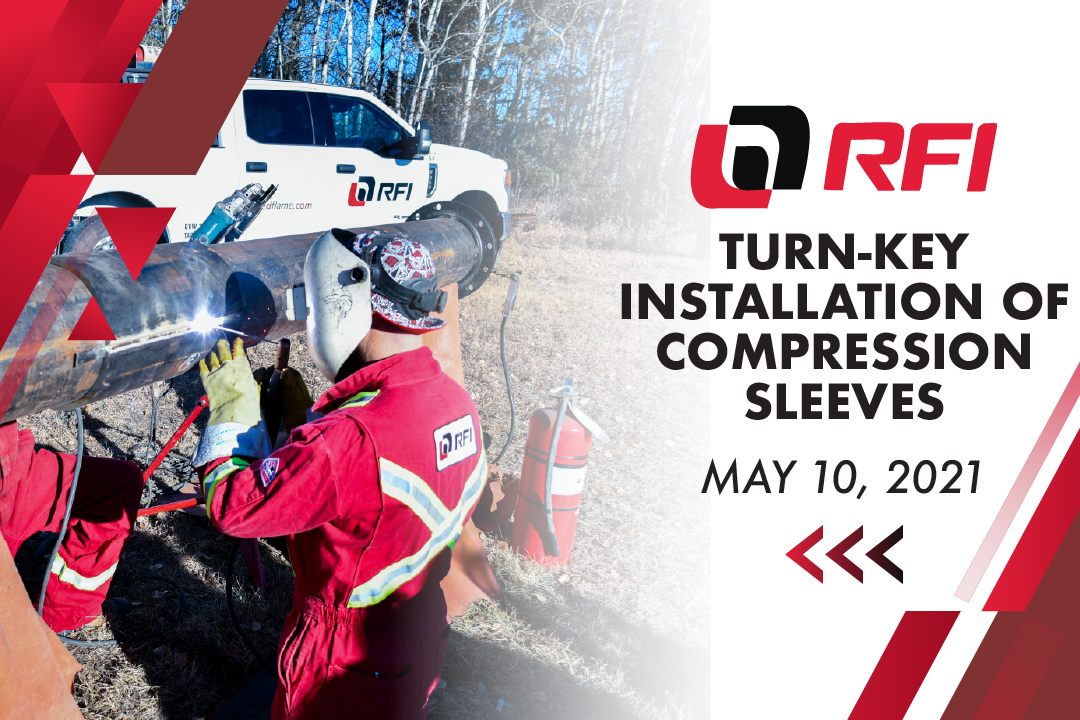
Turn-Key Installation Of Compression Sleeves
Compression-type steel repair sleeves have long been used to address a wide range of pipeline anomalies. When installed correctly, they reduce the risk of defect growth by applying beneficial compressive stress to the pipe wall. Standards like CSA Z662-2019 allow their use for corrosion, mechanical damage, axial cracks, and certain weld-related issues, making them a reliable option for pipeline integrity management.
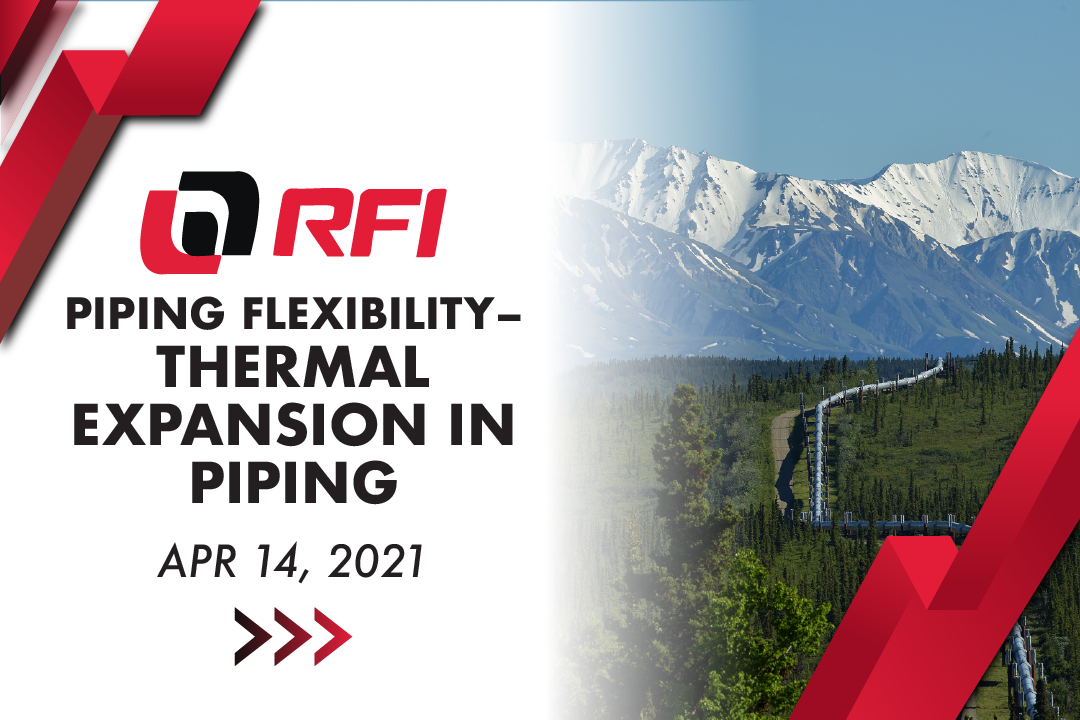
Piping Flexibility–Thermal Expansion In Piping
Proper piping design requires enough flexibility to safely absorb thermal expansion. Without quick and accurate checks, systems often end up too stiff or too flexible, leading to wasted time, materials, and potential performance issues. Ensuring the right balance improves efficiency, reliability, and overall system integrity.
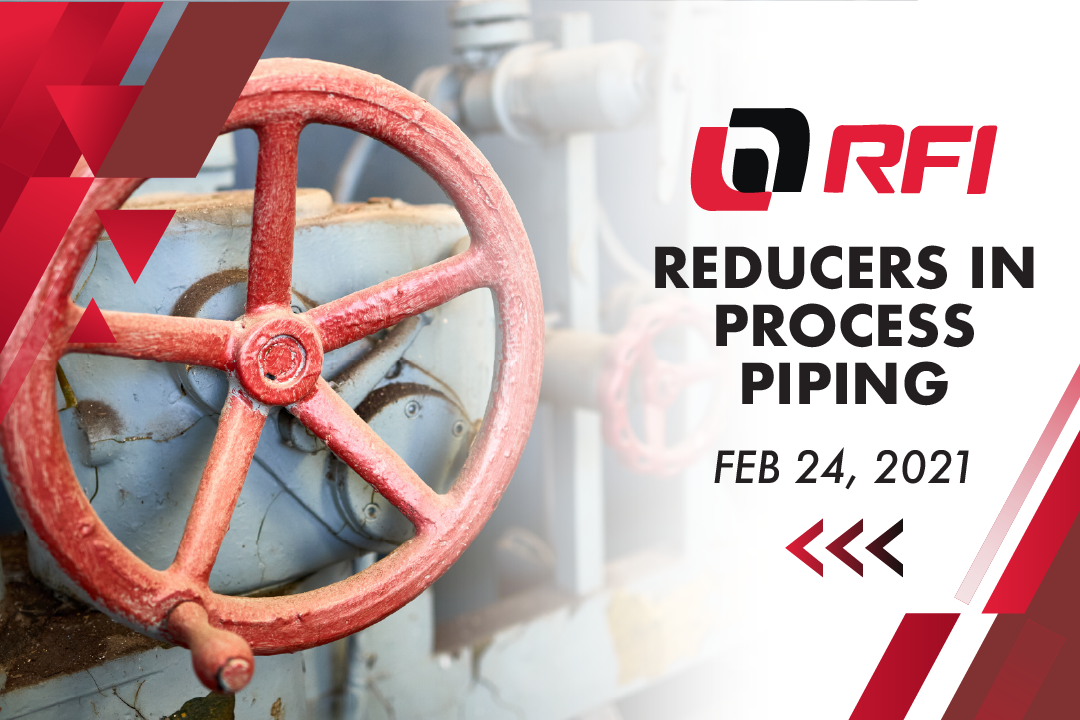
Reducers In Process Piping
A reducer is a process piping fitting designed to transition from a larger pipe diameter to a smaller one. This change in size helps meet system flow requirements or connect to existing piping with different dimensions. Typically, the reducer’s length is based on the average of the two pipe diameters to ensure a smooth, efficient flow transition.

How This New Trend In The Energy Industry Could Affect You
As a global markets continue to be a volatile, and the on-going COVID-19 pandemic affects the workforce, the energy sector has progressively become more conservative and it’s affecting the way investors perceive the industry.
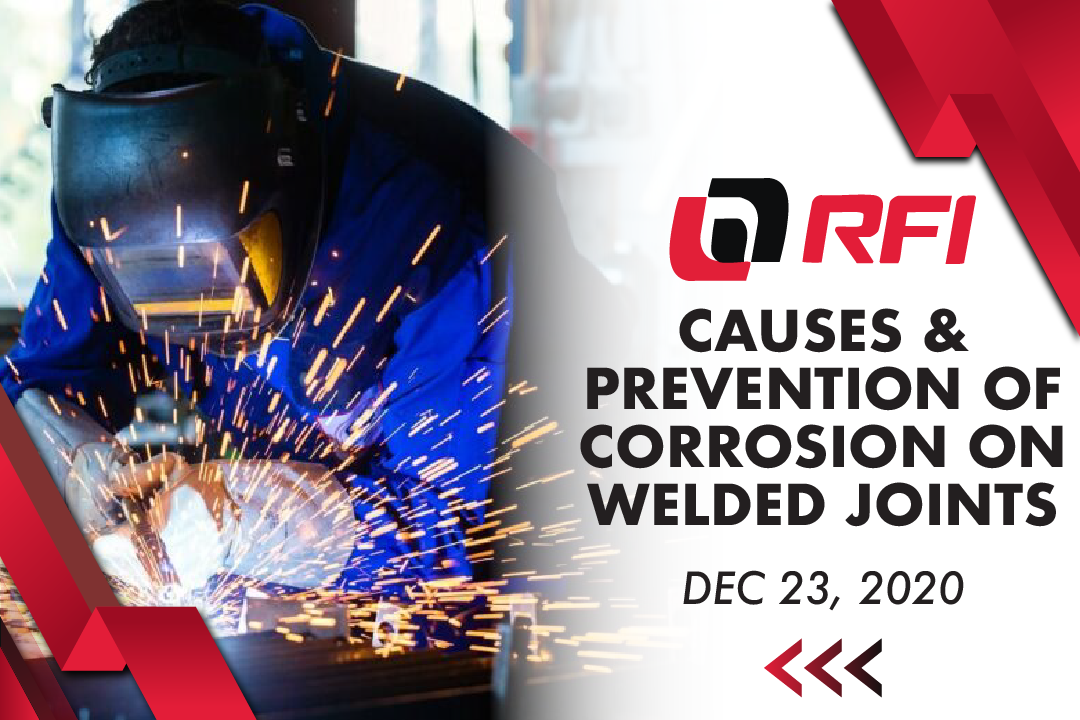
Causes & Prevention Of Corrosion On Welded Joints
Welded joints are often more vulnerable to corrosion because of differences in chemical composition, residual stress, and metallurgical changes in the weld zone. While proper material selection, filler metals, and welding techniques can reduce these risks, corrosion can still develop for many reasons. Understanding these factors is essential for preventing failures and maintaining long-term weld integrity.
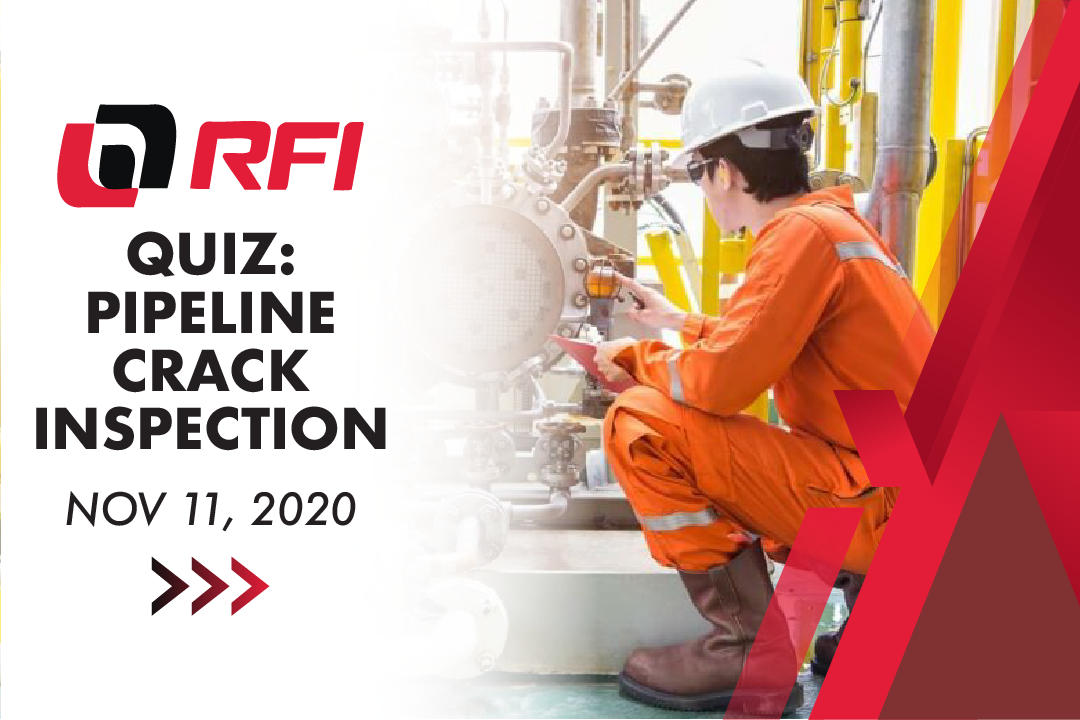
QUIZ: Pipeline Crack Inspection (Test Your Knowledge)
Pipelines serve as essential lifelines for industry and households, moving the energy, water, and resources that keep everything running. However, defects such as cracks—whether formed during manufacturing, installation, or operation—pose serious risks to system integrity. Without timely detection, these issues can lead to catastrophic failures with severe environmental, economic, and safety consequences.
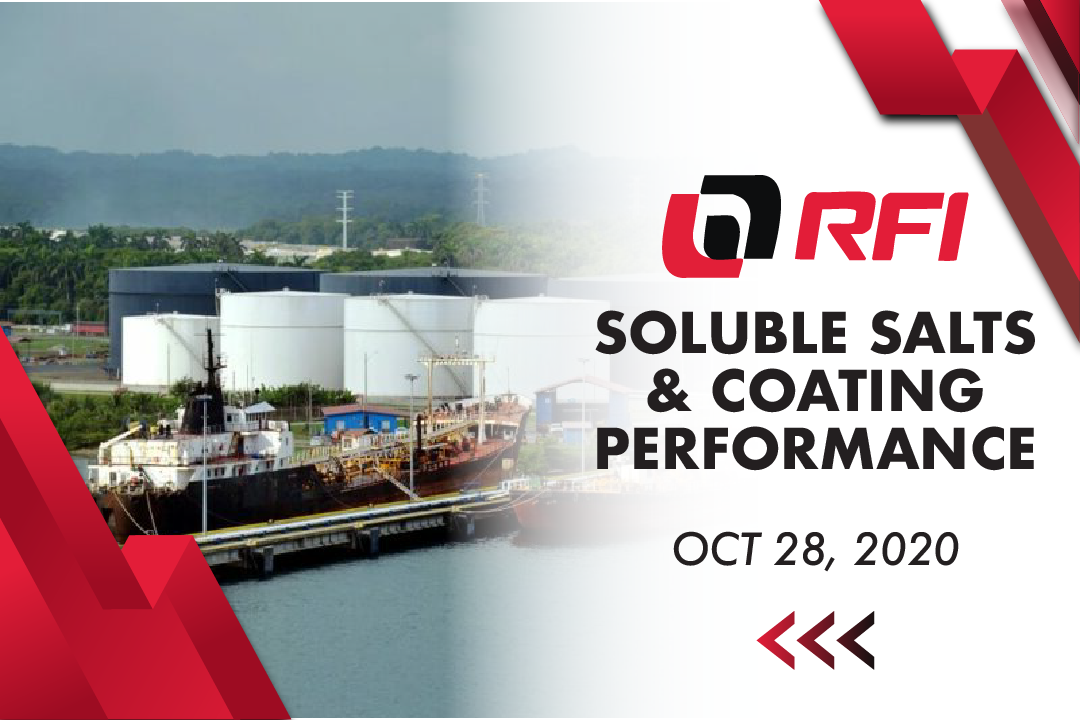
Soluble Salts & Coating Performance
Residual soluble salts can affect coating performance by accelerating the corrosion process and by causing osmotic blistering with subsequent disbondment of the coating. (For background reading, see Five Key Factors in Understanding the Role of Soluble Salts in Coatings Failures and The Role of Soluble Salts in Osmotic Blistering.)

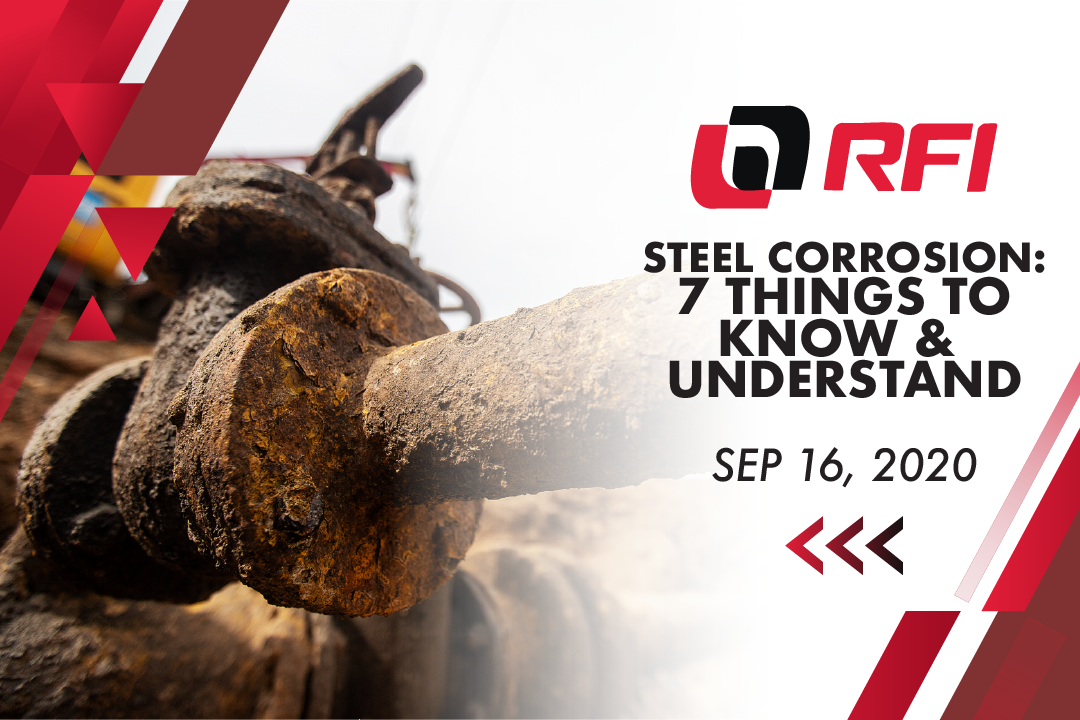

The Pros & Cons Of The Current Energy Options
With climate change at the center of global debate, it’s important to take a realistic look at today’s alternative energy options. While renewables offer promise, their production can still carry environmental impacts as well as significant financial challenges. At the same time, the oil and gas sector faces added pressure from tightened lending and divestment, shaping how future energy investments will evolve.

Integrity Management: How Ultrasonic Inline Inspection (UIL) Technology Enhances Safety
Pipeline integrity management is essential for maintaining safe, reliable operations across oil and gas piping networks. With strict regulations requiring routine assessments, hydrostatic pressure testing has become one of the most trusted and widely accepted methods for verifying pipeline condition. This process helps asset owners ensure compliance while protecting people, assets, and the environment.
